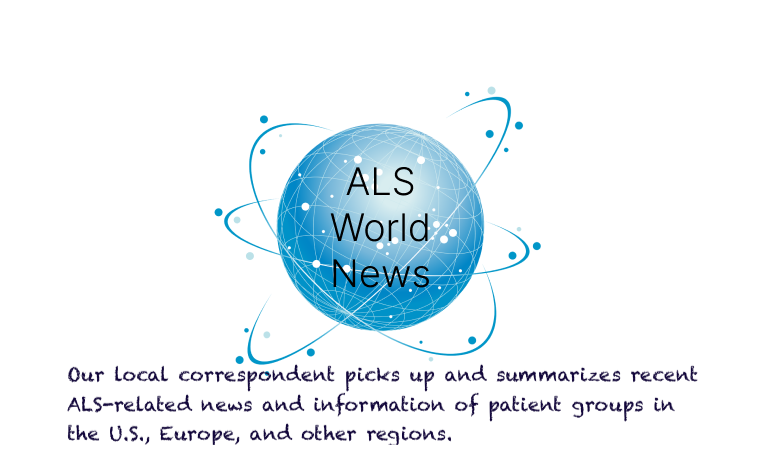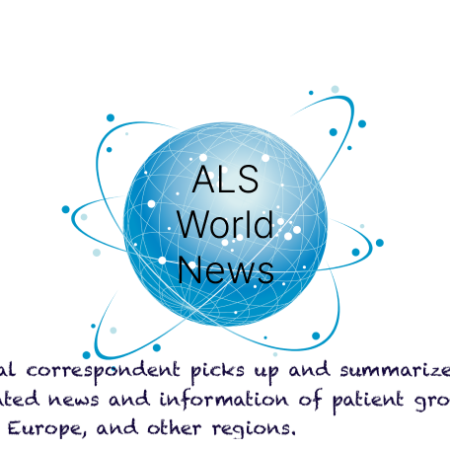An international research team has identified specific protein clusters in the blood that can detect amyotrophic lateral sclerosis (ALS) with extremely high accuracy as early as 10 years before symptom onset.
This new research finding appears to lay the foundation for a long-awaited diagnostic test for ALS (As of 2025, no definitive diagnostic technology for ALS exists. Diagnosis relies on monitoring the patient’s symptoms and conducting targeted tests to eliminate other possible diseases through a process of elimination. Diagnosing ALS often takes about a year.).
The research team used blood samples collected from more than 600 participants and an advanced platform that measures approximately 3,000 types of proteins related to the nervous system and skeletal muscles. They combined this with machine learning to extract a “protein signature” (characteristic pattern) that predicts ALS.
The final protein model was found to be able to distinguish between ALS patients and healthy individuals or patients with other neurological diseases with an accuracy of over 98%.
Co-researcher Dr. Alexander Pantelyat (Associate Professor of Neurology at Johns Hopkins University School of Medicine and Director of the Johns Hopkins Center for Atypical Parkinson’s Disease) stated, “We are beginning to see light at the end of the tunnel.
That light is the possibility of a blood test to diagnose ALS. That light is the possibility of a blood test to diagnose ALS.
If we have a test that can detect ALS early, we can enroll people in observational studies and give them the opportunity to receive drugs that may treat the disease or even stop its progression before ALS becomes severe.”
The study included not only patients who already had ALS, but also people who had donated blood several years ago and subsequently developed ALS.
From the blood samples of these “pre-onset” participants, researchers observed previously unknown protein changes.
These alterations indicated internal bodily changes occurring before clinical symptoms appeared, such as skeletal muscle dysfunction, abnormal nerve signaling, and disrupted energy metabolism.
The research team validated the accuracy of this test across multiple independent groups, including a large cohort of 23,000 individuals from the UK Biobank.
This included blood samples from 110 individuals collected 10 to 15 years before their ALS onset, which also showed the changes in the protein signature identified in the study.
This discovery suggests that biological markers for ALS may be detectable up to 10 years before clinical symptoms appear.
Alexander Pantelyat, M.D.
“We previously believed ALS was a rapidly progressing disease that developed 12 to 18 months before symptoms appeared.
However, these results show that disease progression begins about 10 years before patients even visit a doctor’s office.”
In all validation groups, this model detected ALS with high accuracy while minimizing false positives from other neurological diseases like Parkinson’s disease or neuropathy.
Furthermore, it was confirmed that this protein change is not caused by genetic factors, suggesting broad applicability even for patients without a family history.
Dr. Pantelyat stated:
“The ability to clearly distinguish ALS from other diseases is critically important for patients and their families in terms of diagnostic accuracy, understanding prognosis, and eligibility for appropriate clinical trials.”
Additional research is currently underway to investigate how this protein signature can be utilized for monitoring ALS progression, evaluating treatment efficacy, and potentially aiding in the diagnosis of other neurodegenerative diseases.
Furthermore, the research team has made their data publicly available to encourage further progress in ALS biomarker development.
Japan has approximately 10,000 ALS patients, with 1,000 to 2,000 new diagnoses each year. While significant challenges remain—including developing definitive early-stage diagnosis methods, establishing treatments, and enhancing support not only for patients themselves but also for their families and caregivers—we hope this represents a step toward enabling earlier diagnosis and treatment. We will continue to monitor developments closely.
October 14, 2025
Reported by Tokiko Kawashima @P-ALS from London, UK
New blood test for ALS detects early signs years before symptoms appear
Protein-based blood test detects early signs of ALS | National Institutes of Health (NIH)
New Blood Test for ALS Detects Early Signs Years Before Symptoms Appear | Johns Hopkins Medicine




